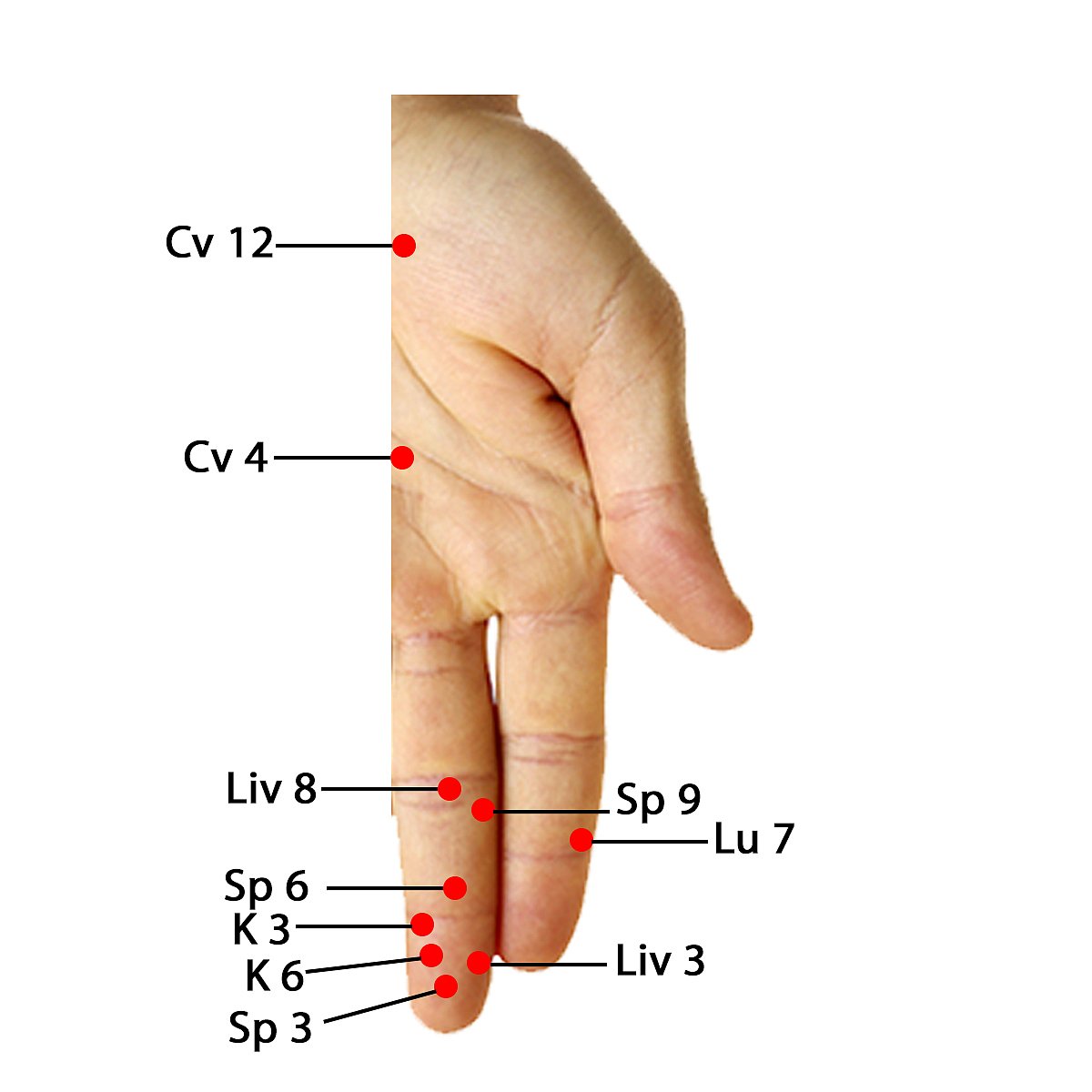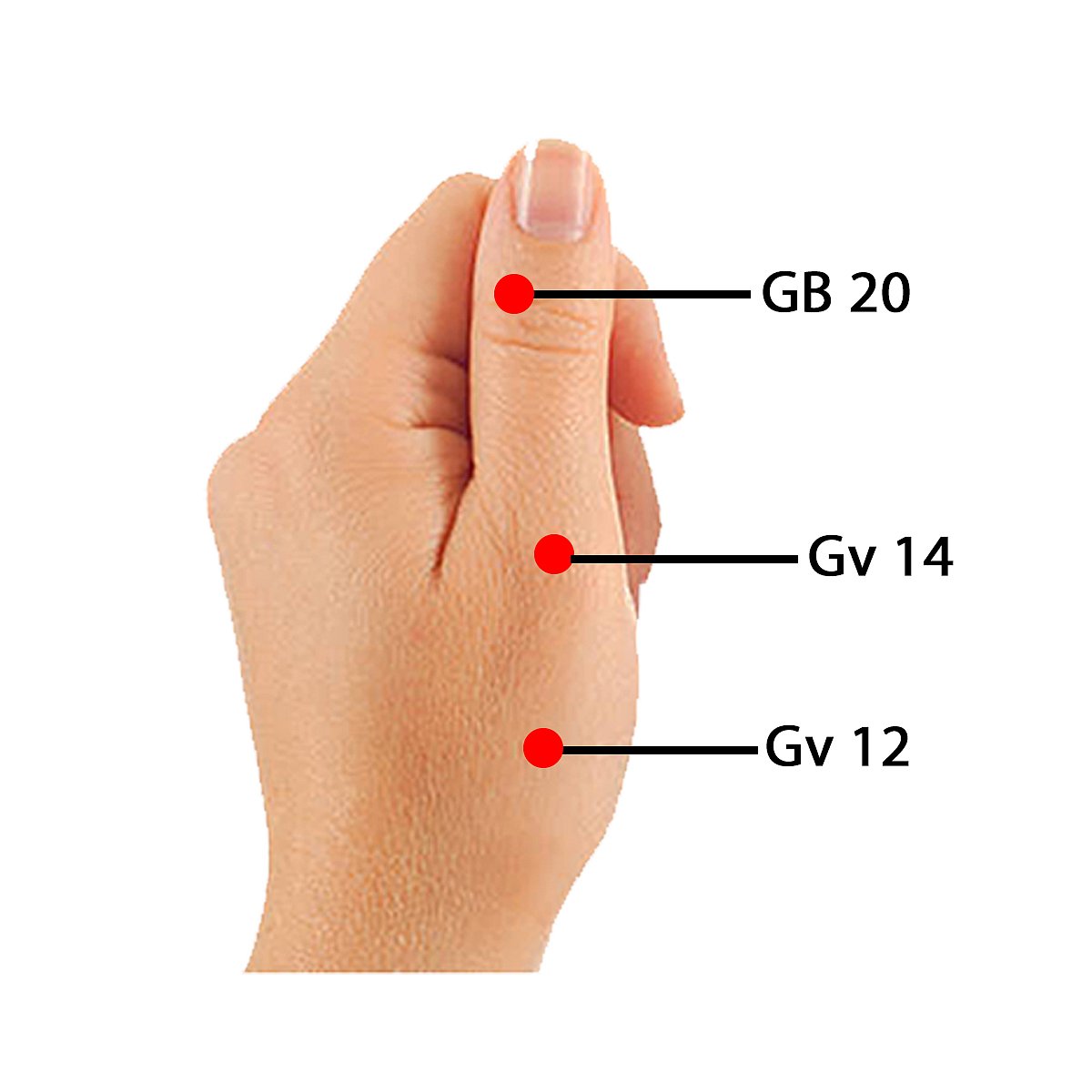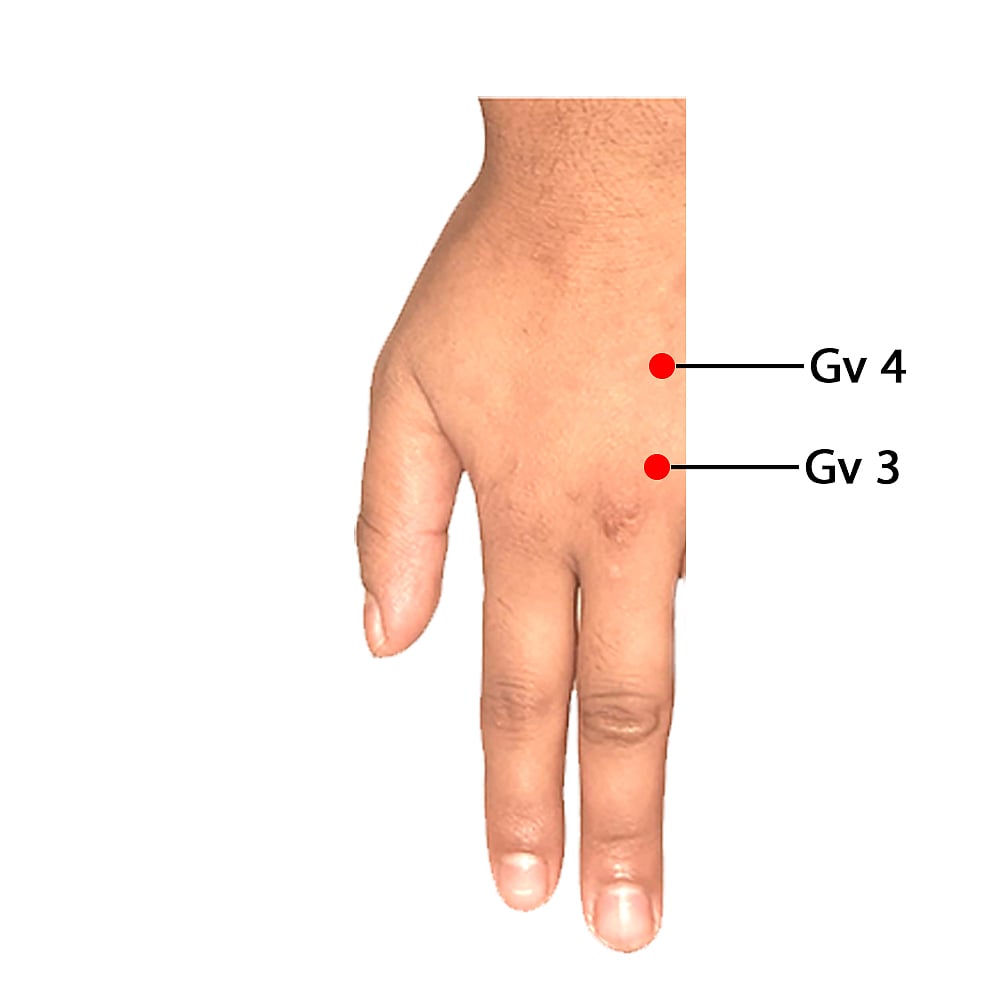Multiple sclerosis (MS) is a potentially disabling ailment correlated with the brain and central nervous system disability. In MS, the immune system attacks the protective sheath (myelin) that covers nerve fibers and causes communication problems between your brain and the rest of your body. Eventually, the disease can cause permanent damage or deterioration of the nerves. Untreated multiple sclerosis grows more perilous and causes damaged or deteriorated nerves. Body problems that denote one has MS vary widely and depend on the number of influenced and injured nerves. One with severe MS depends on his caregivers for natural and everyday actions.
Signs and symptoms of MS vary widely and depend on the amount of nerve damage and which nerves are affected. Some people with severe MS may lose the ability to walk independently or at all, while others may experience long periods of remission without any new symptoms.
The primary causes of MS are not cleared yet. In many studies, it is validated that an autoimmune disease is a culprit to develop MS. But, an autoimmune system is not alone in inviting MS. Below are some risk factors that are also responsible for it.
1. Family history
2. Infections
3. Inflammations
4. Vitamin D deficiency
5. Smoking cigarettes
6. Type 1 diabetes
7. Thyroid disease
8. Psoriasis
9. Pernicious anemia
10. Weak digestive system
Multiple sclerosis ensures the following complications:
Muscle stiffness & paralysis: Numbness or weakness in one or more limbs that typically occurs on one side of your body at a time, or your legs and trunk. Electric-shock sensations that occur with certain neck movements, especially bending the neck forward (Lhermitte sign). Tremor, lack of coordination or unsteady gait.
Vision problems: Partial or complete loss of vision, usually in one eye at a time, often with pain during eye movement. Prolonged double vision. Blurry vision.
Bladder and sexual function problems
Forgetfulness
Mood swings
Depression
Epilepsy
Dizziness
Slurred speech
Fatigue
Most people with MS have a relapsing-remitting disease course. They experience periods of new symptoms or relapses that develop over days or weeks and usually improve partially or completely. These relapses are followed by quiet periods of disease remission that can last months or even years. Small increases in body temperature can temporarily worsen signs and symptoms of MS, but these aren't considered true disease relapses. At least 50% of those with relapsing-remitting MS eventually develop a steady progression of symptoms, with or without periods of remission, within 10 to 20 years from disease onset. This is known as secondary-progressive MS.
The worsening of symptoms usually includes problems with mobility and gait. The rate of disease progression varies greatly among people with secondary-progressive MS. Some people with MS experience a gradual onset and steady progression of signs and symptoms without any relapses, known as primary-progressive MS.
Although no drug or supplement can cure MS, some treatments may help people slow the disease’s progress. Other therapies can significantly reduce symptoms or prolong periods of remission. Around the world, people with MS use complementary and alternative medicine. The following list doesn’t cover every available herbal or supplementary or alternative option for treating the symptoms of MS. Instead, the list offers a brief summary of the important information about each of the most common herbs and supplements that people with MS use. Do consult a medical practitioner before using these supplements as they may impact allopathic treatment protocols, and because there is no real research available to prove the efficacy of the supplements.
1. Ashwagandha: Its berries, roots, and extracts are sometimes used for chronic pain, fatigue, inflammation, stress relief, anxiety.
2. Chyawanprash: Chyawanprash is an herbal tonic commonly used in Ayurvedic medicine. Early animal studies indicate it may protect cognitive function by aiding memory.
3. Gotu Kola: Gotu kola is a popular traditional medicine in Chinese and Ayurvedic history. It’s been promoted as an herb that can lengthen life and improve symptoms of eye diseases, swelling, inflammation, skin conditions, and fatigue.
4. Gingko Biloba: Renowned for its potential to improve memory and mental clarity, ginkgo has been used for a wide variety of ailments over the centuries.
5. Hemp seeds & oil: This traditional Chinese medicine, used for its sedative properties for a variety of illnesses, is believed to soothe problems of the nervous system. Extracts from plants in the cannabis family have been studied for their role in reducing spasticity, neurodegeneration, and inflammation.
6. Ginger: Research is starting to uncover anti-inflammatory and neuroprotective potential in ginger and other spices.
7. Chamomile: Chamomile offers antioxidant and antibacterial effects and it’s also being studied for its ability to prevent tumor growth and mouth ulcers in people with cancer.
8. Ginseng: Panax ginseng, for instance, is possibly effective for improving thinking and memory and relieving erectile dysfunction, although its safety is less well known.
9. Multi vitamins: A, B-complex, C, D, E are all critical to address a multitude of symptoms.
10. Minerals: Calcium, magnesium, selenium.




One could also consider acupressure. It has been around for over 5000 years and the treatment protocols being suggested are non invasive and well researched by the Institute of Allahabad.
Primary Symptoms: Numbness, weakness & heaviness of the legs, Difficulty in walking, Tiredness, Numbness around mouth, Dizziness, Lack of balance, Tingling, Heaviness in head, Swollen tongue with teeth marks with sticky coating, Weak pulse.
Acupressure Treatment: Sp3, St 36, UB 20, 21, CV 12 Tone, Sp6, 9, St 40 UB 22, Sedate.
Add Tw 5, Li 10, St 31, 34 T or S for arms and Legs. If there is incontinence of urine Tonify the Urinary bladder by adding UB 28, 32 both.
2. Secondary Symptoms: Progressive weakness of legs, Weak knees, Weak back, Dizziness, Blurred vision, Poor memory, Hesitancy of urination, Urgency of urination,
Treatment: K3, CV 4, GV 4, UB 23, Sp 6, Tone, Liv 8, UB 18 Tone, Si 3, UB 62, Tone, GB 20, Liv 3, Sedate both. Add if there is pain in limbs: Liv 3, Sp 9 Sedate both. If there are symptoms of hemiplegia or paralysis add GV 3, 4, 12, 14, Tone all.
If the muscles of the lateral side of the leg are stiff and tight Tone K6, and Sedate UB 62.
If the muscles of the Medial side of the leg are stiff and tight Tone UB 62 and Sedate K 6.
Spine is very important in multiple sclerosis therefore for strengthening the same:
For Men: Tone Si 3 (Left side) and Sedate UB 62 (Right side) and for Women Tone Si 3, Sedate K 6, (Right side) and Sedate Lu 7, UB 62 (Left side)
If there is poor circulation of the blood treatment is as given below: Paste methi seeds on meridian points St 36 and UB 23 also add; For Men GB 41 (L) and Tw 5 (R) and for Ladies GB 41 (R) and Tw 5 (L).










